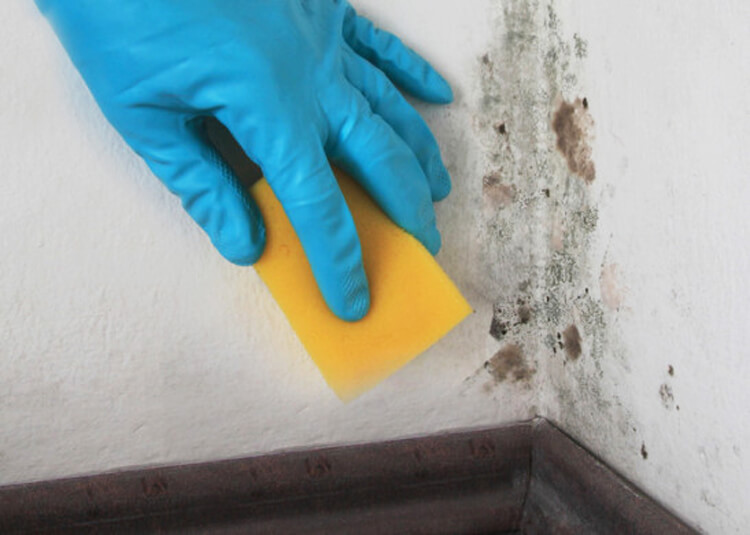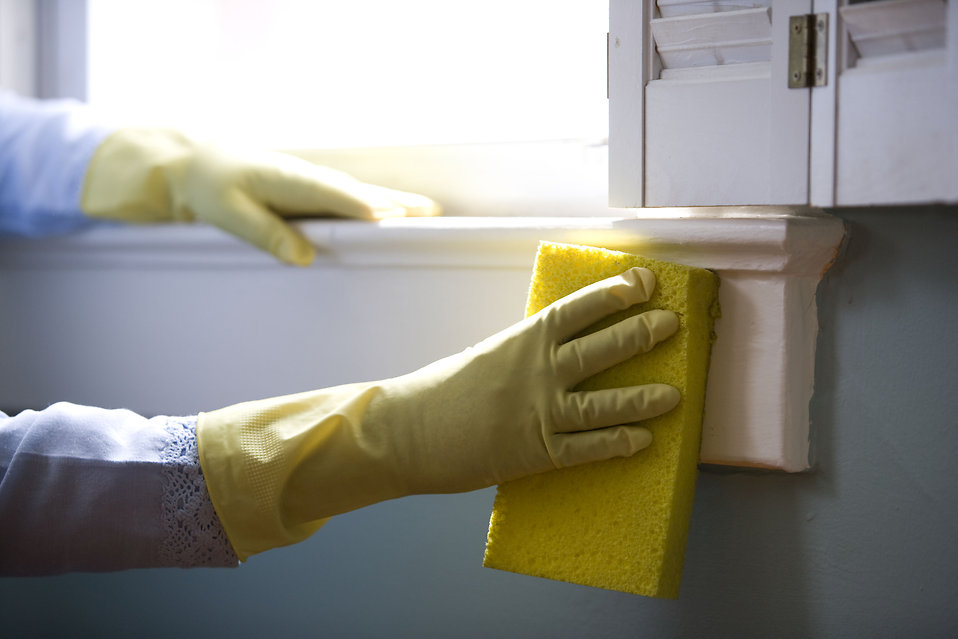Molds are microscopic fungi that grow everywhere, both outdoors and indoors. They’re a natural part of our environment and thrive in areas with moisture.
Molds spread by releasing spores. We’re exposed to mold when we inhale these spores. Typically, this is not harmful, but high levels can cause symptoms that mimic a common cold. Mold can also trigger allergic or asthma symptoms in some people.
If you’re concerned about the health effects of mold, you might wonder how long it takes to get sick from mold exposure.
There isn’t a one-size-fits all answer, however. The time it takes for symptoms to start depends on many factors, including your environment and overall health.
How Quickly Can Molds Make You Sick?
The short answer: It depends. A reaction to one-time mold exposure can be immediate or delayed. Some people develop no symptoms at all.
Many factors determine the time it takes for mold to affect your health. To get a better idea of timing, consider the following factors:
Allergies and sensitivities
Everyone reacts to mold differently. Your personal sensitivity to mold will influence how quickly you develop symptoms.
If you have a mold allergy, your immune system thinks certain mold spores are invaders, or allergens. So, when you inhale spores, your body reacts by triggering sneezing or nasal congestion. This can happen immediately or after exposure, depending on your body.
If you don’t have a mold allergy, a one-time exposure may cause no symptoms. But sometimes, it can cause symptoms even if you’re not allergic. Again, it’s different for each person.

Amount of mold
The amount of mold also determines how long it takes for symptoms to start.
Generally, large amounts of mold are more likely to cause negative health effects. Therefore, the more mold is present, the more likely you are to develop symptoms quickly.
However, this also depends on your body. For some people, a one-time exposure to a small amount of mold isn’t enough to cause symptoms. But for people who are sensitive to mold, even a small amount can quickly trigger symptoms.
Duration of exposure
Similarly, the duration of the one-time mold exposure matters. After all, the longer you’re exposed to mold, the more spores you will inhale. This increases your overall exposure.
If exposure only lasts a few seconds or minutes, you may not have symptoms. But if you’re exposed to mold for a long time, your symptoms might develop rapidly. Again, it comes down to your level of sensitivity.
Proximity to mold
It also depends on how close you are to the mold. That’s because proximity affects how much mold you’re exposed to.
For example, you’re more likely to develop symptoms quickly if you directly handle mold. This can happen during activities like cleaning or touching moldy items.
If you’re allergic or sensitive to mold, it’s important to avoid direct contact with mold as much as possible.




